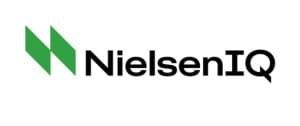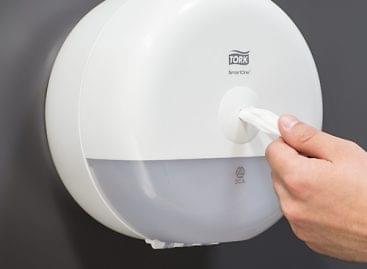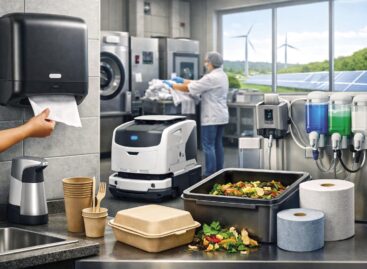Moist tissue trend in the toilet paper category

Ildikó Kardos
marketing manager
Essity Hungary
Ildikó Kardos, Essity Hungary Kft.’s marketing manager told our magazine that value sales of both classic toilet papers and moist toilet tissues grew, but volume sales of the former dropped while those of the latter increased in the first 6 months of the year. “Essity’s sales performance developed the same way in both segments as the category’s trend” – she added.
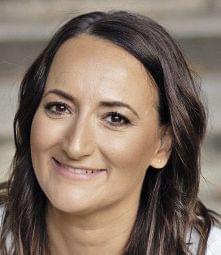
Orsolya Varga
marketing manager
Vajda-Papír
Orsolya Varga, Vajda-Papír Kft.’s marketing manager: “In the moist toilet tissue category drugstores, discount supermarkets and hypermarkets are the most popular places of buying. Every channel improved its performance in this category, in both value and volume sales. Value sales of Ooops! and other branded toilet papers jumped 13%, but volume sales were down 12%. Vajda-Papír’s private label toilet paper sales climbed 14% in value, but they fell 7% in volume.”

Gábor Vizur
category manager
Sofidel Hungary
Gábor Vizur, Sofidel Hungary Kft.’s category manager informed our magazine that like-for-like sales by Sofidel grew way above the category’s average (+20%) in the first 5 months of the year. “In the current difficult economic conditions hygiene paper product makers are going through hard times. More price increases are likely to follow in the future.”
Sándor Gödri, Metsa Tissue HU Kft.’s sales director also reported positive sales results to Trade magazine: “Metsa Tissue’s market share increased in the first half of the year, not only in value but also in volume.”
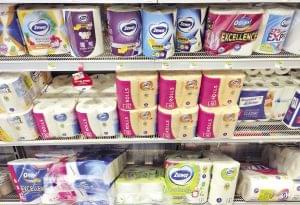
3-ply toilet papers are the most popular in Hungary
Sustainability in the limelight
Gábor Vizur’s view is that buyers are increasingly conscious. Price-value ratio matters more than before, but sustainability has also remained important, together with quality and long usability. Sofidel will make the packaging of newly launched products partly from recycled plastic, and the company keeps replacing the packaging of existing ones with 30% or 60% recycled plastic shrink film.

Sándor Gödri
sales director
Metsä Tissue HU
Sándor Gödri’s experience is that shoppers continue to prefer premium 3-ply toilet papers, which constitute almost three quarters of the market. 1-ply product sales are dropping and 2-ply toilet paper sales are stagnating or increasing a little; 4-ply toilet paper sales were down in the first half of 2022. Nearly half of the products sold are packs with 16+ rolls.
Ildikó Kardos added that sustainability is a bigger concern now in the paper product category than in the past. It is important to use raw material from sustainably managed forests, the product packaging needs to be recyclable and it is an advantage if the product is free from bleach and allergens, such as in the Zewa Natural Soft range.
Orsolya Varga talked to us about the importance of the price-value ratio and economical product size: a good example of these is Vajda-Papír’s Maxi toilet paper, which contains 6 maxi-sized rolls with 16-roll worth of paper on them.
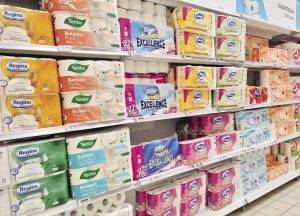
Packs including 16+ rolls account for almost half of the sales
Updated portfolio

Kowalska Izabella
category manager
Essity Hungary
Shopper demand is the biggest for scented Zewa Deluxe toilet papers from Essity Hungary Kft.’s products. Early this year the company put an updated version of Zewa moist toilet tissues on the market, which are made of 100% plant-based materials. Vajda-Papír uses biodegradable and compostable plastic packaging for its products, and many products are now packaged in 60% recycled and recyclable material.
Sofidel Hungary Kft.’s Big Pack products offer value for money and they sell really well. Newly launched products such as Regina Ecoring toilet papers and Regina Ecoring kitchen rolls are marketed in packaging made from 30% recycled plastic. Metsa Tissue HU Kft. manufactures with ecological considerations in mind, at the same time optimising its portfolio to offer consumers products with good price-value ratio. //
Half of shoppers buy manufacturer brands, the other half prefer private labels
According to NielsenIQ’s retail index, between July 2021 and June 2022 sales of household paper products increased by 13% to more than HUF 85bn.

Guest writer:
Baigalkhuu Misheel
junior analytic insights associate
NielsenIQ
Toilet paper was the biggest segment with value sales above HUF 47bn, which meant a nearly 10% growth; however, volume sales dropped more than 3%. Both manufacturer brands and private labels had about 50% of the market, both segments saw their value sales rise 10%, but volume sales of branded products dropped about 2% and private label toilet paper sales decreased by 5% in value.
Facial tissue sales soared almost 30% and this meant a nearly HUF 19bn sales performance. In the same period volume sales jumped more than 10%. The market shares of both branded products and private labels were around 50%, but value sales of the former improved by 30%,
while private label sales only
grew by 25%. Kitchen roll value sales were up 10% but declined by 3% in volume; the category’s value was more than HUF 19bn. Shopper demand was bigger for private labels, as they realised nearly 60% of value sales. //
Moist toilet tissue sales speed up in hypermarkets
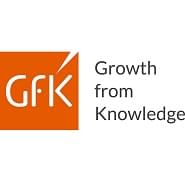

András Kuntner
business development
manager/retail
GfK
20.4% of households purchased moist toilet tissue minimum once in the first half of 2022 – this was 10% more than in the first half of 2021. Volume sales dropped 3.2% in the same period, but value sales were up 9%. The average household spent HUF 686 on moist toilet tissue per buying occasion. Packs of 50 are the most popular, but demand is rising for 80-piece products: sales of these soared 78% in volume and 120% in value.
Households purchased classic toilet paper 5 times in the examined period, spending 17% more on the category. 10-16 roll products were the most popular and consumers liked 3-ply toilet papers the best (almost 80% of toilet paper sold was like this). Moist toilet tissue sales grew by 75% in hypermarkets, thanks to which their share increased to 14%. Shoppers spent the most money on classic toilet papers in discount supermarkets. //
Related news
Tork at SIRHA Budapest: hygiene, efficiency and sustainability for the HoReCa sector
🎧 Hallgasd a cikket: Lejátszás Szünet Folytatás Leállítás Nyelv: Auto…
Read more >Related news
Festival buzz at the 60th anniversary EuroShop trade fair
🎧 Hallgasd a cikket: Lejátszás Szünet Folytatás Leállítás Nyelv: Auto…
Read more >Historic price reduction at ALDI
🎧 Hallgasd a cikket: Lejátszás Szünet Folytatás Leállítás Nyelv: Auto…
Read more >A stable compass in the Hungarian FMCG sector for 20 years
🎧 Hallgasd a cikket: Lejátszás Szünet Folytatás Leállítás Nyelv: Auto…
Read more >

